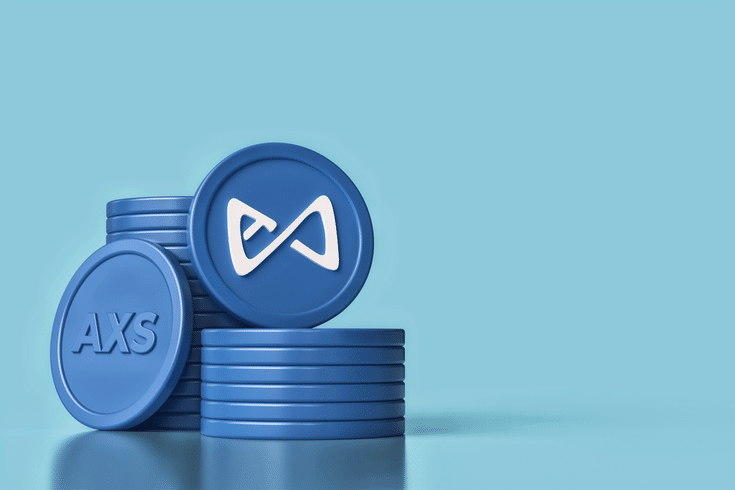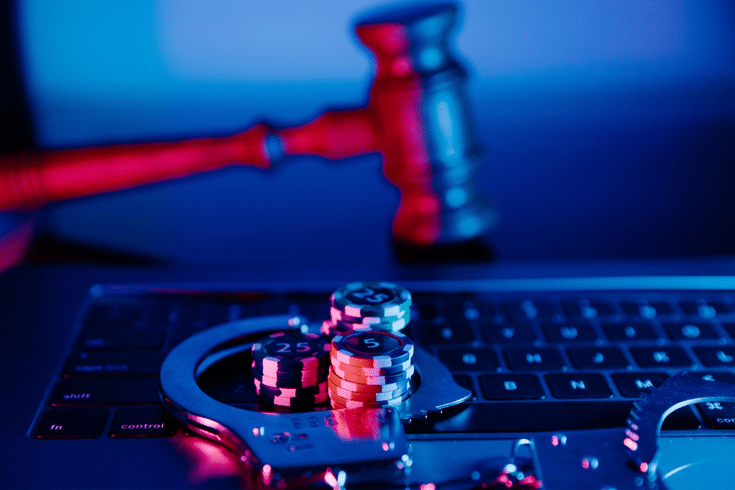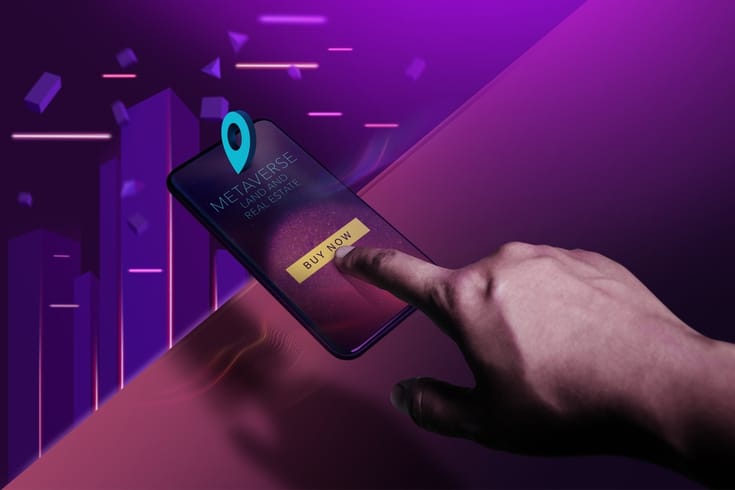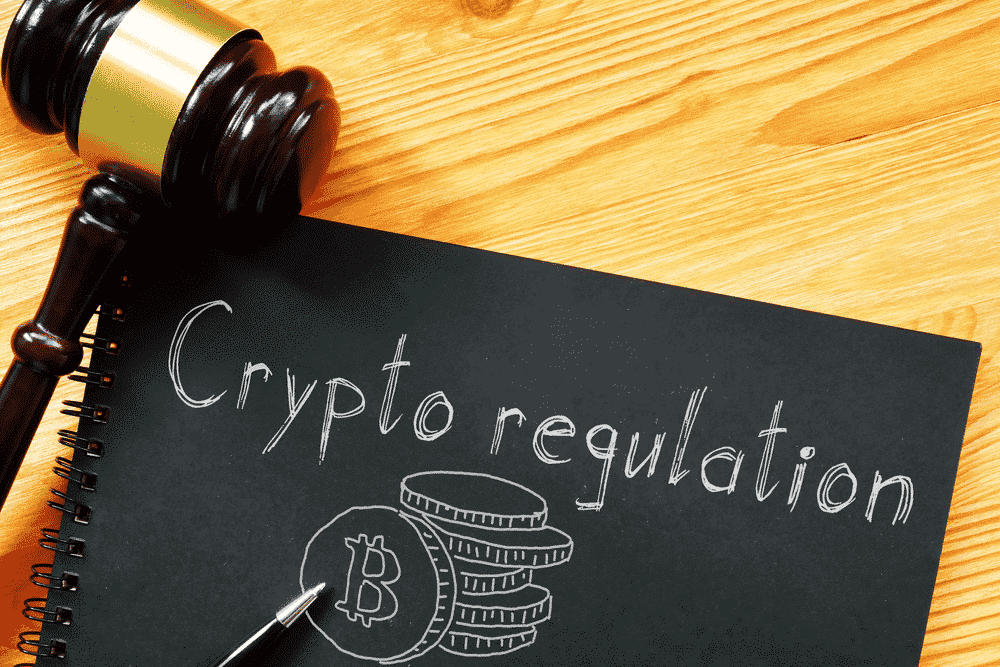What are the Legal Issues in Blockchain Games and NFT Games? Explaining the Relationship with the Japanese 'Prize Indication Law' and 'Gambling Crimes

In recent years, blockchain games (NFT games) have emerged, which allow the buying, selling, and managing of in-game items using blockchain technology.
For instance, the game “Axie Infinity” has garnered significant attention for its “play-to-earn” model. In this game, players can earn rewards such as tokens. These rewards can be used within the game or traded on the open market. In the Philippines, there are even people who are earning their daily income from this game to supplement the income they lost due to the COVID-19 pandemic. As such, interest in blockchain games is increasing, and it is expected to continue to expand in the future.
This article will explain the details of blockchain games and discuss legal issues related to them in Japan.
What is a Blockchain Game?

Blockchain technology is a type of database technology that treats chunks of data as blocks and stores data by linking these blocks like a chain.
It has the personalityistic of being extremely difficult to destroy or tamper with data, and is used in crypto assets such as Bitcoin.
A blockchain game refers to a game that uses this blockchain technology to exchange or trade items and personalitys within the game.
Blockchain games are also referred to as NFT games.
In traditional games, you could earn coins or points within the game, but they could only be used within the game.
On the other hand, items (NFTs) obtained in blockchain games have the feature of being able to be converted into real money.
Blockchain Games and NFTs
In blockchain games, the items and personalitys that are traded are not the data of the items or personalitys themselves, but the NFTs (Non-Fungible Tokens) associated with the data.
NFT stands for Non-Fungible Token, which means “non-replaceable token”. These are traded on the NFT market.
Related article: A lawyer explains the legal regulations on NFTs[ja]
NFTs are like certificates linked to data. Digital data can be easily duplicated, so it was impossible to prove that it was unique. However, by linking an NFT, it has become possible to prove that the data is unique.
Blockchain Games and the Japanese Act against Unjustifiable Premiums and Misleading Representations
The Japanese Act against Unjustifiable Premiums and Misleading Representations (不当景品類及び不当表示防止法) is a law that regulates false or exaggerated representations of actual products or services and the provision of excessive premiums, with the aim of protecting consumers. In this article, we will discuss the issues related to blockchain games under this law.
Cases of Misleading Representations under the Act
Misleading representations are categorized into two types: “misleading representations of superiority” and “misleading representations of advantage”. They are defined as “unfair representations about the quality, standards, etc. of products/services” and “unfair representations about the price and other transaction conditions of products/services”, respectively.
For example, in blockchain games,
- Representations suggesting that the ownership of the digital data linked to the NFT is transferred to the player, even though this is not the case
- Representations suggesting that the player receives a large fee, even though this is not the case
may potentially fall under misleading representations.
Be careful not to make misleading representations in advertisements or terms of use for blockchain games that could mislead consumers.
Cases of Excessive Premiums under the Act
The term “premiums” under the Act is defined as follows:
(1) A means to attract customers,
(2) Provided in conjunction with the transaction of products/services supplied by the business operator,
(3) Goods, money, or other economic benefits
Consumer Affairs Agency|Overview of Premium Regulation[ja]
Consumer Affairs Agency Home>Policy>Policy List (Work of the Consumer Affairs Agency)>Representation Measures>Act against Unjustifiable Premiums and Misleading Representations>Overview of Premium Regulation
https://www.caa.go.jp/policies/policy/representation/fair_labeling/premium_regulation/[ja]
is defined as above.
If it falls under this definition of premiums, there are limits on the amount of premiums that can be provided, and if the limit is exceeded, the Consumer Affairs Agency can restrict or prohibit the provision of such premiums.
Premiums are classified into three categories: “general lottery”, “joint lottery”, and “total attachment premiums”, each with different limits.
For the definition of premiums (2) “provided in conjunction with the transaction of products/services supplied by the business operator”, it is considered that gacha in blockchain games, etc. are naturally included in the transaction, so they are not considered to be “provided in conjunction with the transaction”.
However, so-called “complete gacha” (selling items with two or more personalitys, pictures, symbols, etc., and providing special items according to their combination) is considered to possibly fall under the “card matching” under the Act against Unjustifiable Premiums and Misleading Representations, and is prohibited.
[Reference] About the ‘Complete Gacha’ of Online Games and the Premium Regulation of the Act against Unjustifiable Premiums and Misleading Representations[ja] (Consumer Affairs Agency Notice, May 18, 2012)Also, login rewards obtained when purchasing paid NFTs, rewards given to top-ranking players, etc. may fall under premiums, so individual and specific consideration is necessary.
If a blockchain game tournament is held and NFTs are provided as rewards, if the player who receives the reward can be considered a professional, it is considered to be “work compensation, etc.”, and it is thought not to fall under premiums.
Related article: Detailed Explanation of Why Complete Gacha is Illegal and Its Relationship with the Act against Unjustifiable Premiums and Misleading Representations[ja]
Penalties for Violations of the Act against Unjustifiable Premiums and Misleading Representations
If a violation of the Act against Unjustifiable Premiums and Misleading Representations is suspected, an investigation will be conducted by the Consumer Affairs Agency. If the investigation results in a violation of the Act, administrative guidance or an order for measures may be issued. If the order for measures is not complied with, a fine of up to 300 million yen may be imposed.
In addition, there are cases where an order for payment of surcharges is issued separately from the above, which can be said to cause significant economic and social losses for companies.
Blockchain Games and Gambling Offenses

Japanese Gambling offenses are crimes regulated by Articles 185 and 186 of the Japanese Penal Code. In this article, we will discuss whether blockchain games and NFT games could potentially fall under gambling.
Could Blockchain Games be Considered Gambling?
According to the Japanese law, gambling is defined as an act where:
- Two or more parties
- Wager something of property value
- And compete for gain or loss based on chance
Even if the above conditions are met, if what is wagered is limited to items for temporary entertainment (such as food or drinks), it is not considered a gambling offense.
As the requirement for a gambling offense is that it is conducted by two or more people, it does not apply if a single person creates and plays a game alone.
Wagering something without property value does not constitute a gambling offense. However, if NFTs are recognized as having property value, they could potentially be the subject of a gambling offense.
If players of NFT games are obtaining NFTs with the intention of cashing them in, it is highly likely that they will be recognized as having property value. Even if monetary transactions can only occur within the game, it may still be considered to have property value, so caution is necessary.
The phrase “based on chance” could apply not only when the NFTs that players can obtain are determined by a lottery system, but also when only players who clear a specific game are given NFTs.
“Competing for gain or loss” refers to a situation where multiple people risk losing profits during a competition.
Therefore, a game where there is a possibility of obtaining an NFT with a value lower than the money or other value spent on the lottery could be considered to fall under this condition.
On the other hand, in cases where it is guaranteed that players will obtain an NFT with a value higher than the money or other value they spent, or where players can enjoy the game with the NFT they obtained through the lottery, it could be argued that no loss has occurred, and therefore it may not constitute a gambling offense.
As mentioned above, wagering items for temporary entertainment does not constitute a gambling offense. However, whether NFTs fall under “items for temporary entertainment” is currently unclear, as there are no precedents or unified views on this matter.
Related article: Does eSports Prize Money Constitute a Gambling Offense? How to Provide Prizes Legally[ja]
Penalties for Gambling Offenses
If a gambling offense is established, the offender will be fined up to 500,000 yen or penalized (Article 185 of the Japanese Penal Code).
In addition, those who habitually gamble will be sentenced to imprisonment for up to 3 years, and those who open a gambling place or form a group of gamblers to make a profit will be sentenced to imprisonment for at least 3 months but no more than 5 years (Article 186 of the Japanese Penal Code).
While the crime becomes more serious if it is habitual, even if the gambling act was only performed once, habitual behavior may be recognized depending on the number of game players and sales profits, so caution is necessary.
Conclusion: Consult a Lawyer for Legal Issues Regarding Blockchain Games
Blockchain games and NFT games significantly differ from traditional online games in many aspects.
Depending on how advertisements are displayed or bonuses are awarded, there may be potential legal risks. Therefore, if you have any concerns or questions about the legal issues of blockchain games, it is recommended to consult with a lawyer who is knowledgeable in IT as soon as possible.
Introduction to Our Firm’s Measures
Monolith Law Office is a legal office with high expertise in both IT, particularly the internet, and law. Our firm provides comprehensive support for businesses involved in crypto assets and blockchain. Details are provided in the article below.
Category: IT





















